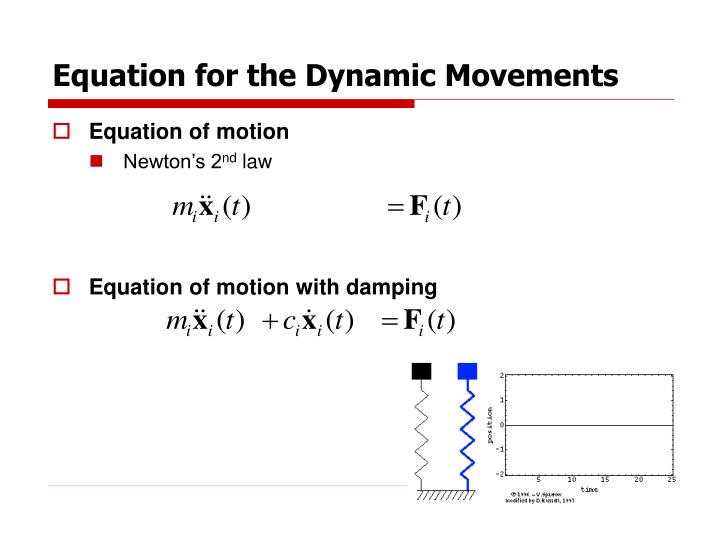


However, in many modern systems, governing equations are unknown or only partially known, and recourse to first-principles derivations is untenable. Predicting the rise and fall of political parties. The traditional derivation of governing equations is based on underlying first principles, such as conservation laws and symmetries, or from universal laws, such as gravitation.Specific applications related to research in the group include: Eulers equation deals with balance of forces, static and dynamic and is in vector form whereas Bernoullis equation is energy equation dealing with scalar. In applications, dynamical systems tools and methods inform modeling in the sciences, they enhance our understanding of phenomena, and they guide decisions in engineering and industry.

Simple laws can lead to overwhelming complexity of the temporal evolution, yet simple collective behavior can emerge in large complex systems.ĭynamical systems research develops and uses tools that describe, predict, and at times classify this temporal behavior, simple or complicated. Inferring long-time behavior from the law of motion can be incredibly intricate. The time evolution is deterministic in the sense that there is some law of motion, often a differential equation, that determines future states from the present state of the system. Dynamical systems are mathematical models of how things change with time. Dynamical systems are generally described by ordinary differential equations (finite dimensions) or partial differential equations (infinite dimensions).


 0 kommentar(er)
0 kommentar(er)
